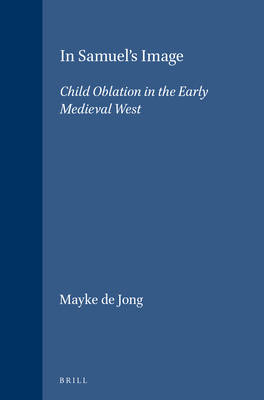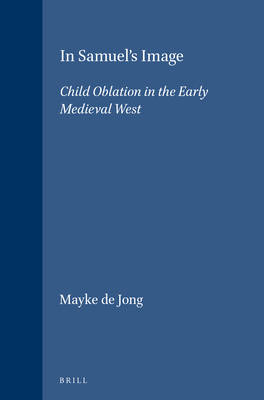
- Afhalen na 1 uur in een winkel met voorraad
- Gratis thuislevering in België vanaf € 30
- Ruim aanbod met 7 miljoen producten
- Afhalen na 1 uur in een winkel met voorraad
- Gratis thuislevering in België vanaf € 30
- Ruim aanbod met 7 miljoen producten
Zoeken
Omschrijving
Early medieval religious communities were filled with monks and nuns who spent almost their entire lives within the monastic confines. Many had arrived in childhood, through an irrevocable act of parental sacrifice (oblatio). According to Benedict's Rule, parents were to donate their sons "to God in the monastery", following the biblical example of Hannah offering her son Samuel at the Temple.
From the twelfth century onwards, this once widespread practice became increasingly controversial. Why did parents give away their children? Were they driven by economic necessity?
This book argues that child oblation was anything but a religious disguise for abandoning superfluous offspring. Instead, it was a sacrifice, and should be viewed within the context of gift-giving, religious and otherwise, which assumed such a central importance in early medieval societies.
From the twelfth century onwards, this once widespread practice became increasingly controversial. Why did parents give away their children? Were they driven by economic necessity?
This book argues that child oblation was anything but a religious disguise for abandoning superfluous offspring. Instead, it was a sacrifice, and should be viewed within the context of gift-giving, religious and otherwise, which assumed such a central importance in early medieval societies.
Specificaties
Betrokkenen
- Auteur(s):
- Uitgeverij:
Inhoud
- Aantal bladzijden:
- 376
- Taal:
- Engels
- Reeks:
- Reeksnummer:
- nr. 12
Eigenschappen
- Productcode (EAN):
- 9789004104839
- Verschijningsdatum:
- 1/12/1995
- Uitvoering:
- Hardcover
- Formaat:
- Genaaid
- Afmetingen:
- 166 mm x 242 mm
- Gewicht:
- 802 g

Alleen bij Standaard Boekhandel
+ 288 punten op je klantenkaart van Standaard Boekhandel
Beoordelingen
We publiceren alleen reviews die voldoen aan de voorwaarden voor reviews. Bekijk onze voorwaarden voor reviews.











